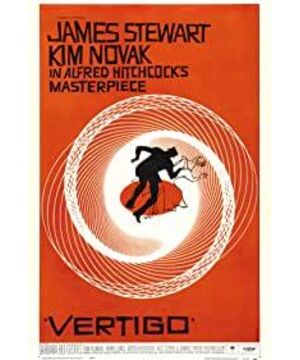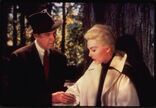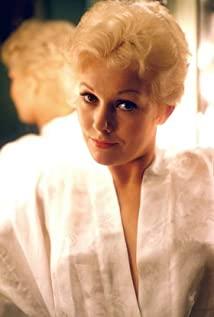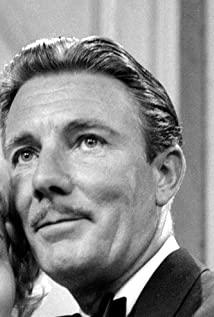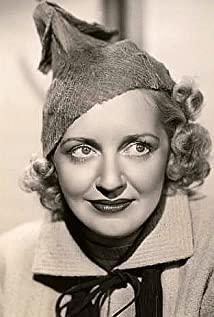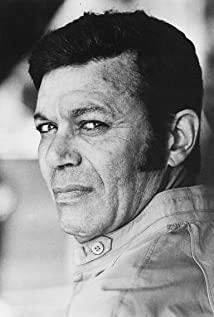The three-hundred-year-old Americans are well versed in the characteristics of unpredictable, ghostly, easily manipulated, and whitewashed history. Elster connects sensible objects in the world: bouquets, jewelry, hairstyles with historical figures and events. Madeleine was lost and perplexed, as if she was really possessed by an injustice; her words were erratic, as if she was going back in time. And destiny, like a black silk scarf blown by the sea breeze, will eventually entangle the slender neck and take the last breath.
Madeleine caressed about the number of annual rings in 2000. There were not many futures in the annual rings, but many pasts.
Hitchcock insisted on putting the Coit Tower in the windowsill landscape of Scotti's apartment because it "is a symbol of the penis." When reshaping the order of the past, the anxiety of male identity, like the Coit Tower, is erected in many pictures.
Scotti's identity anxiety is revealed at the beginning of the film. Because he wanted to heal his wounds, he wore a corset that only women wore, quit his job and stayed at home. My friend Midge is an underwear designer and assured him that wearing a corset will not detract from the masculine charm. When Scotti asked Midge to go out, Midge replied: There is a job. When it comes to marriage, Scotti said that he is an "available" (available) and can be pursued-men are completely in a passive role: wearing women's clothes, like housewives in the past, without a job.
In the Empire Hotel, Scotti tried his best to meet Judy Barton, who had a divorced and remarried mother and had a formal job (Scotti was rejected by a woman as "I want to work" for the second time). This is the opposite of Carlotta's life experience: Carlotta was killed by her husband. Abandoned, even deprived of the "job" of taking care of children. Scotti's weakness, powerlessness, and unemployment after suffering from acrophobia are more similar to Carlotta.
Women have also changed from being seen as "objects" to being seen as "subjects." When Scotti peeked at Madeleine and Portrait of Carlotta sitting in the art gallery, he was actually the one being seen. The audience's gaze followed Scotti to Madeleine, then followed Madeleine to the portrait. The woman in the portrait looked directly at Scotti. The direct, disturbing gaze resembled Manet's Olympia. On the contrary, Scotti was always stalking, peeping, and surreptitiously identifying in the crowd. Again, women take the initiative, while men are passive.
"I couldn't get to the top." Scotti repeated painfully after watching Madeleine fall off the tower. The second episode of acrophobia made Scotti's identity anxiety worse. The only way to resolve identity anxiety is to go back to the past. In the past, women were obedient, married and had no career. Like the women in the boudoir painted by Eugene Delacroix, they would not look at you directly.
Scotti asked Judy to wear Madeleine clothes, a gray coat, and a white coat. Judy kept resisting, Scotti still insisted, and Judy, who loved Scotti so much, had to give up. As a result, the dead Madeleine walked out of the thick fog and Scotti kissed him. Only by staying with the past can he regain his identity.
But the past and the present cannot be reconciled and cannot coexist. Judy is willing to bravely try to be with Scotti for love, but Scotti on the stairs of the church tower refuses to try to love Judy himself.
Scotti and Judy went back to "the place where they kissed the last time". On a terrible night without color, Judy stumbled and fell from the tower, and the old sin reappeared. Claiming to "get rid of the past", Scotti finally succeeded in reaching the top, but at the same time he fell into the nightmare past and found that the "powerful" and "free and easy" past were taken away by Elster and taken to Europe forever. And will never come back.
It is not appropriate to say that Midge is a cumbersome character. Her sense of reality is not only a benchmark that the audience can set up for herself in the film-her distant back symbolizes Scotti's escape from the world. "She also exchanged texts with Ann, the good girl who didn't get an answer from "Out of the Past" in 1947. Midge can give her the answer: "He loves her".
So they are desperate to go upstream and return to the past.
View more about Vertigo reviews


